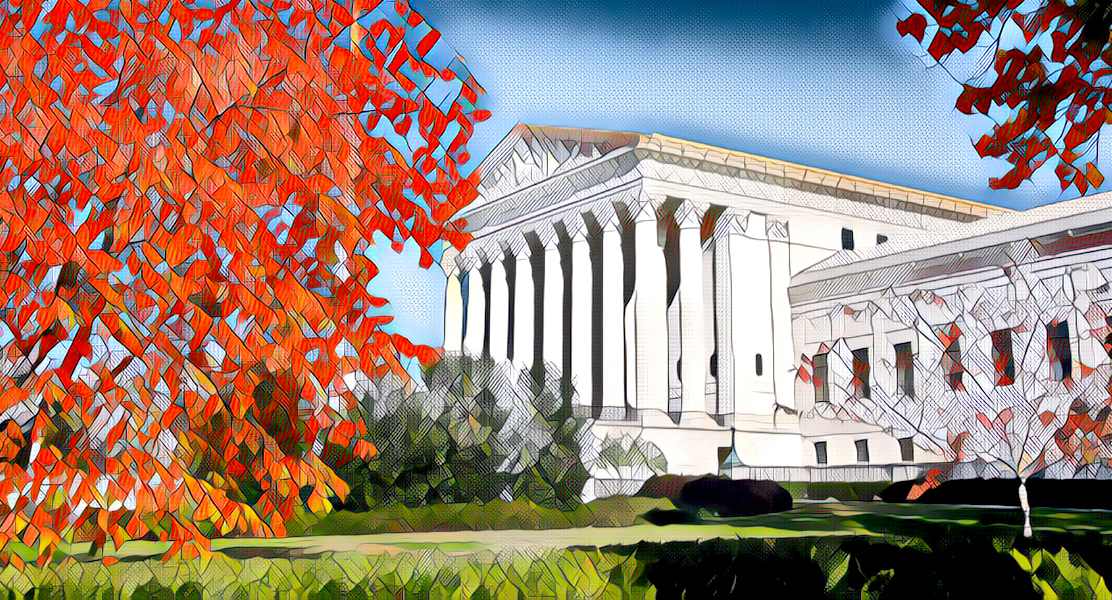U.S. Supreme Court rules Religious Freedom Restoration Act allows monetary damages against federal officials

By a vote of 8-0 (Justice Amy Coney Barrett did not participate), the Supreme Court on Thursday held that the Religious Freedom Restoration Act (RFRA) allows for monetary damages against officials who are sued in their official capacities.
The case, Tanzin v. Tanvir, was brought by Muslim plaintiffs who claim agents of the FBI violated their religious liberty rights under RFRA by placing them on the No Fly List as retaliation for refusing to act as informants against members of their religious community.
The opinion, authored by Justice Clarence Thomas, focused on the text of RFRA, which calls for “appropriate relief against a government.” The Court rejected the government’s argument that the phrase does not allow for monetary damages, emphasizing that “if Congress had meant to exclude damage remedies, it would have done so.”
Thomas also pointed out rightly that damages are an essential remedy in some religious liberty contexts. Here is an excerpt from the opinion, explaining why some infringements on religious liberty cannot be addressed without the possibility of a monetary recovery:
The clearest example is unauthorized autopsies in violation of decedent’s or his family’s religious belief that an autopsy defiles the body or condemns the soul to suffering in the afterlife. These cases played a central role in Congress’s judgment that RFRA was needed. And Congress was aware that damages were indispensable in these cases, because other remedies were often unavailable. If damages were not “appropriate relief” under RFRA, there would have been no effective remedy in one of the situations that Congress most wanted to remedy.
BJC joined an amicus brief with the Christian Legal Society and other religious liberty experts urging the Court to affirm that RFRA was intended to allow for damages. BJC Executive Director Amanda Tyler hailed the decision as a “rare (and welcome) unanimous opinion upholding #religiousfreedom rights.”
For more on the Religious Freedom Restoration Act generally, see BJC’s RFRA resource page.




